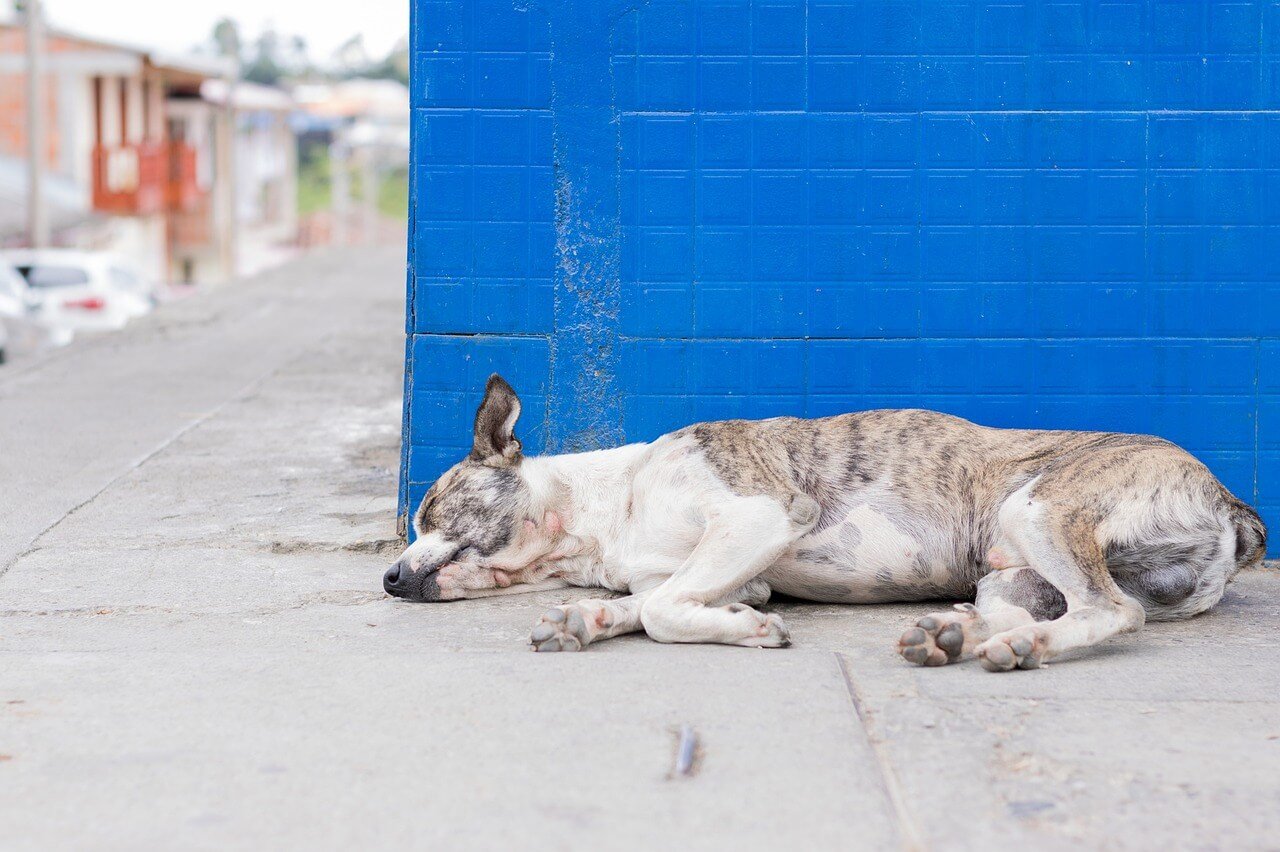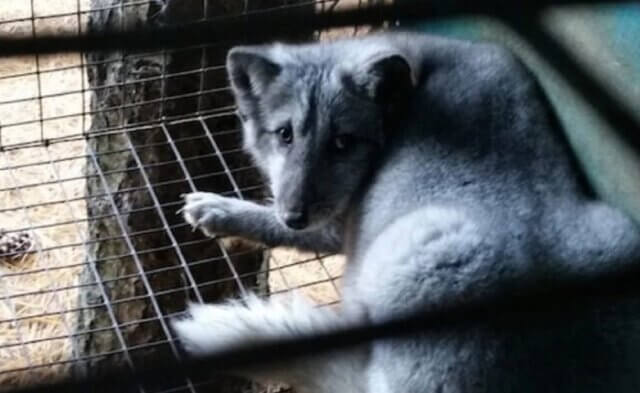By Teresa Chagrin
Last month, authorities in St. Peters, Missouri, arrested a man suspected of killing and dismembering at least a dozen cats and kittens. The details are disturbing, to say the least: He allegedly stomped on their heads or strangled them then dismembered some of them by cutting off their heads or limbs before dumping their bodies around town. The suspect’s arms and hands were reportedly covered with scratches, which he admitted were from a cat he had killed the day before he was arrested. According to a prosecutor, the wounds suggested that the cat had been “fighting for his life.”
There is another disturbing aspect to this case: Unsuspecting people apparently supplied the killer with his victims. The man reportedly acquired the cats he tortured and killed by scouring Craigslist for felines who were advertised as “free to a good home.”
Giving animals away or offering them for free is like handing them over to abusers on a silver platter. That’s why, if you must part with an animal, it’s vital to charge a reasonable fee and take every precaution to ensure that the adopter is reputable.
The Missouri case is not an isolated incident. A Virginia man pleaded guilty to torturing a dog named Lucky whom he obtained for free on Craigslist. He admitted to punching the dog, tying her legs together, muzzling her and setting her on fire while she was still alive.
A Nevada man who pleaded no contest to torturing and dismembering dogs also obtained his victims via Craigslist postings. Police allegedly found the heads of four dogs stashed inside a mini-refrigerator in the hotel room where he had apparently been staying and video footage showing him torturing and skinning dogs. Previous guardians of some of the dogs testified that he seemed like “a normal clean-cut kid” when he responded to their ads.
Animal abusers are often masters of deception. Some have even taken children along when picking up animals so people will think they’re giving animals to a “nice family.”
Even if they aren’t intentionally cruel, many people who acquire “free” animals are unwilling or unable to provide them with a lifetime of care. As a result, many hastily acquired “free” animals end up being deprived of veterinary care, neglected or abandoned.
It’s impossible to know whether people are trustworthy just by looking at them, so if you must find a new home for an animal, thorough screening is crucial. Always charge a reasonable adoption fee of $75 to $100 to help deter unscrupulous people, and make sure the animal is sterilized and microchipped prior to adoption. Require all potential adopters to fill out an application and contract, and be sure to conduct pre- and post-adoption home visits. If something seems “off,” trust your instincts and turn the adopter down. Never release an animal to someone you don’t completely trust.
If you can’t find a responsible adopter yourself, or if you must part with an animal immediately, going to a well-run, public shelter that accepts all animals without restrictions and thoroughly screens all potential adopters is the kind and responsible thing to do.
Animals are extremely vulnerable, and it’s up to us to protect them. Taking precautions will help ensure that they’ll be safe, cared for, respected and treated kindly for the rest of their lives and that’s priceless.







